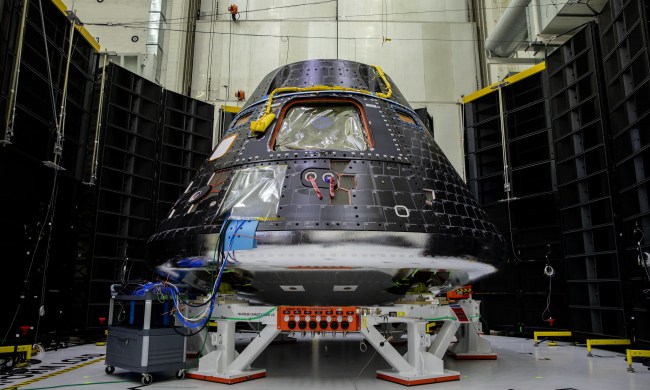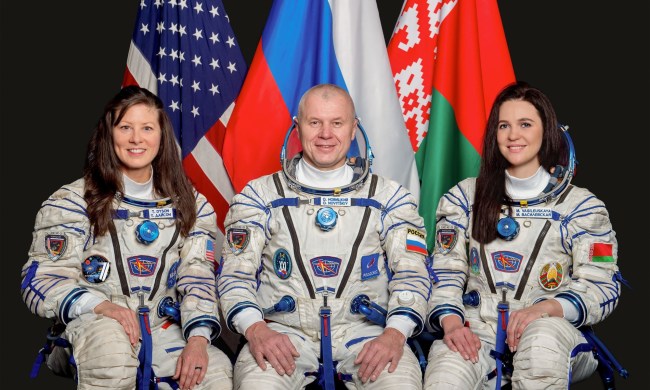NASA will soon be testing the booster section of its brand-new Space Launch System (SLS) rocket, which is designed to carry astronauts first to the moon and then potentially to Mars as part of the Artemis program.
The agency will be televising the test, and we have the details of how you can watch this event as it happens.

How to watch the booster test
The test will be shown live on NASA TV, which can be streamed via NASA’s website or using the video at the top of this page. Coverage begins at 11:40 a.m. PT.
Approximately 90 minutes after the test has taken place there will be a teleconference about the event, featuring Bruce Tiller, manager of the SLS boosters office at NASA’s Marshall Space Flight Center in Huntsville, Alabama, and Charlie Precourt, vice president of propulsion systems at Northrop Grumman, in Promontory.
What to expect from the booster test
Some testing of the booster has already been completed. NASA says that it has already been through three full-scale development test firings and two qualification test firings, performed by the agency at its contractor Northrop Grumman. So hopefully the groundwork has been laid for a smooth test on Wednesday.
Previous testing performed on other parts of the rocket included the deliberate destruction of a replica of the rocket’s liquid oxygen tank, to check its structural stability, as well as the recent “Green Run” testing of the hardware for the rocket’s core stage.
The booster test itself will consist of a two-minute period of action to check the motor performance, manufacturing quality, and materials and processes of the booster. The booster is made up of five segments, each weighing 300,000 pounds, which work together to create 3.6 million pounds of thrust at their maximum capacity. The solid boosters, of which there will be two in the final system, are what will provide most of the thrust to launch the SLS rocket when it is completed. They are joined by four RS-25 engines.
The first flight of SLS will be an uncrewed test flight called Artemis 1 which is scheduled for November 2021.



